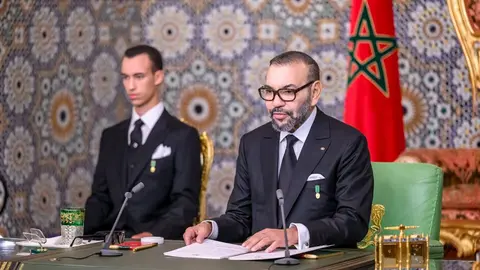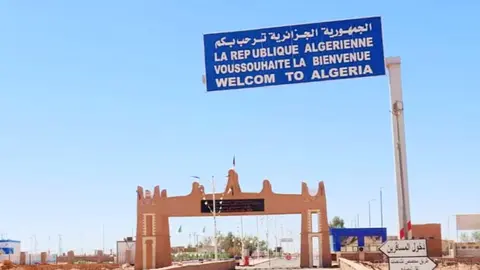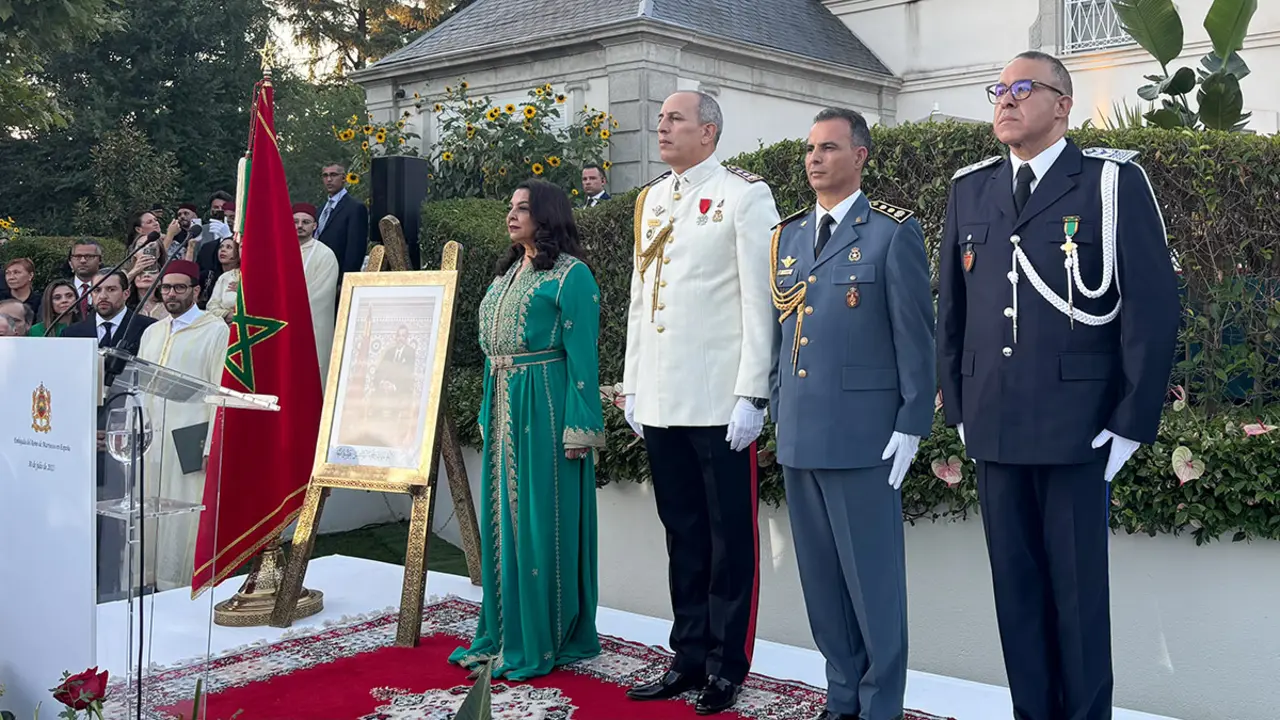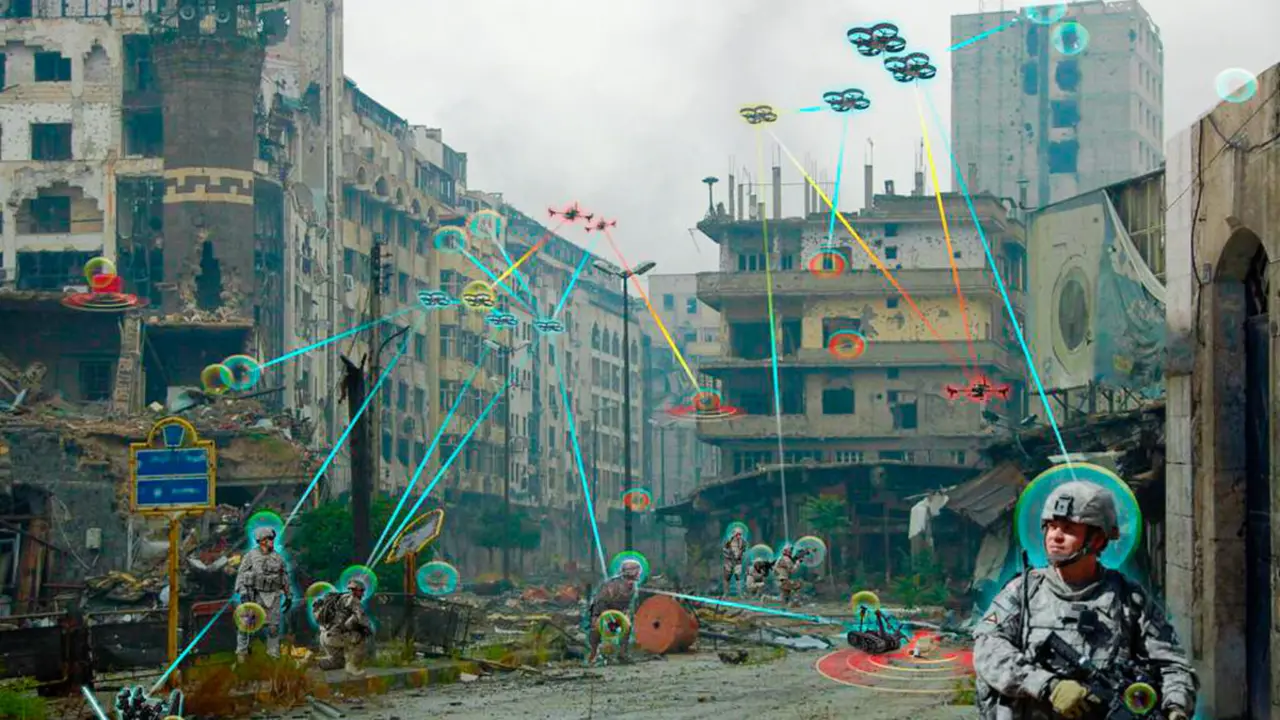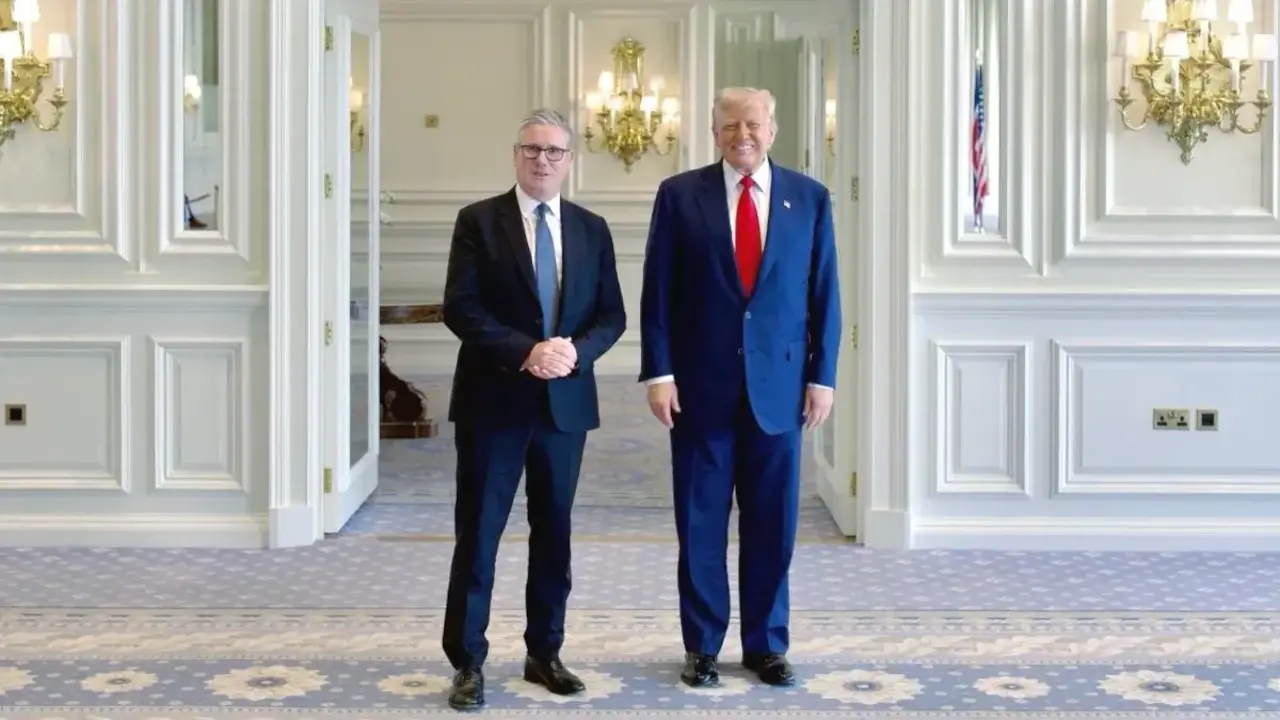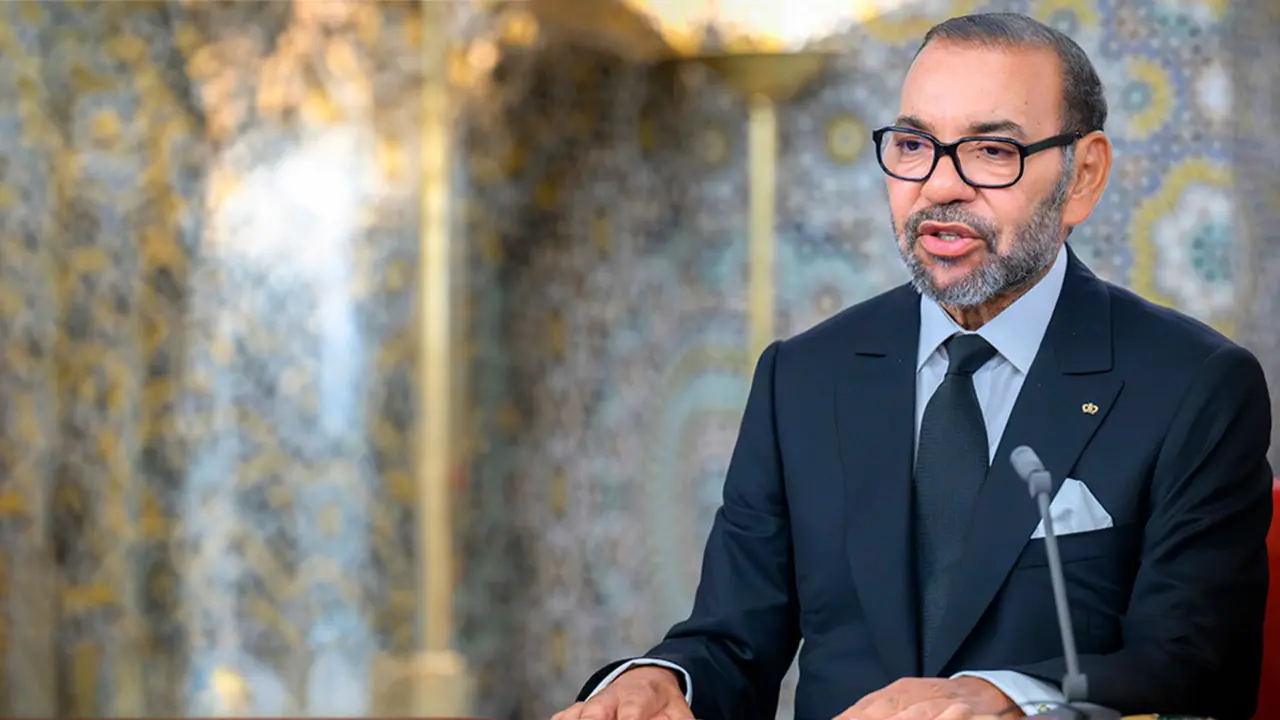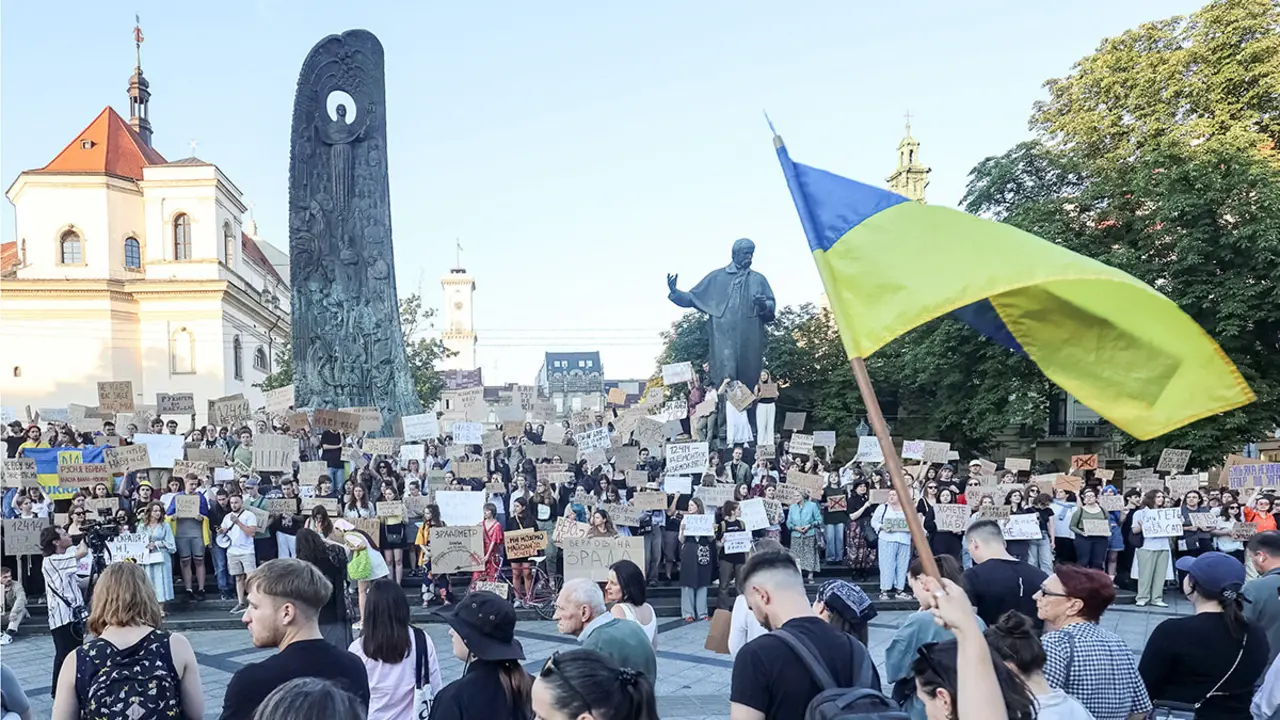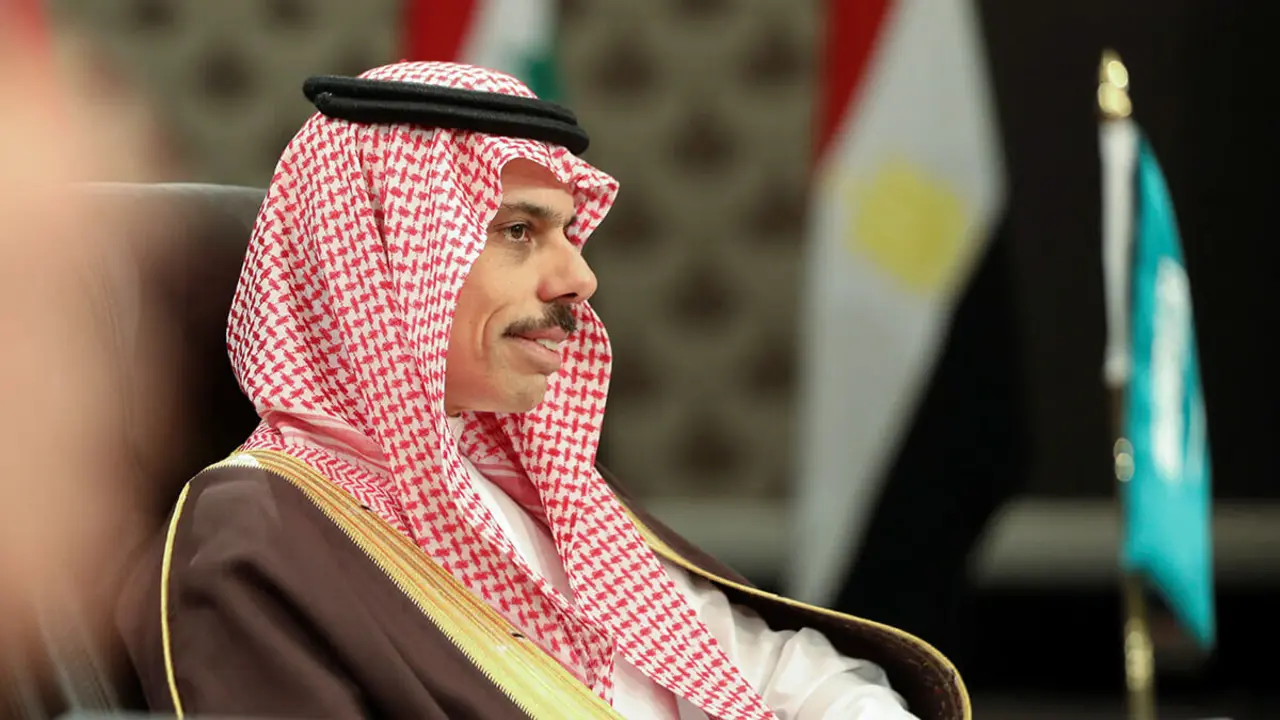Libyan Parliament approves National Reconciliation Law with large majority

Libya's House of Representatives overwhelmingly approved the National Reconciliation Law during a recent session in the eastern city of Benghazi, marking a crucial step towards overcoming years of conflict and civil war.
This was confirmed by Council Speaker Abdullah Belhaq, who explained that this approval came after addressing ‘the draft national reconciliation law’ and concluding the analysis and deliberation of its articles.
Parliament did not disclose the details of the law's articles during its closed session or through an official statement. However, Libyan media reported that the law, which consists of 62 articles, was approved, except for article 44 and the following articles.
These articles, which call for the establishment of a special fund for compensation, were postponed for further study and consensus to ensure that the requirements of justice are met and the needs of all parties involved are met.
Saleh Afhima, a member of the Legislative and Constitutional Committee of the Libyan House of Representatives, confirmed that the passage of the law was the result of hard work and lengthy negotiations that took considerable time and effort.
In a statement to the Libyan newspaper Al-Marsad, he added that the law came about through cooperation and coordination between various parties, taking into account the comments of the actors involved, including civil society institutions, legal experts and members of the Supreme Council of State, as well as the legal commission appointed by the Presidential Council.
He explained that the conference held in Tunis was key in the drafting of the law, as the Reconciliation Committee of the House of Representatives worked in collaboration with the Legislative Committee and various other actors to collect and evaluate the comments, incorporating them into the final version of the law in a way that reflects the desire of Libyans to achieve justice and national reconciliation.
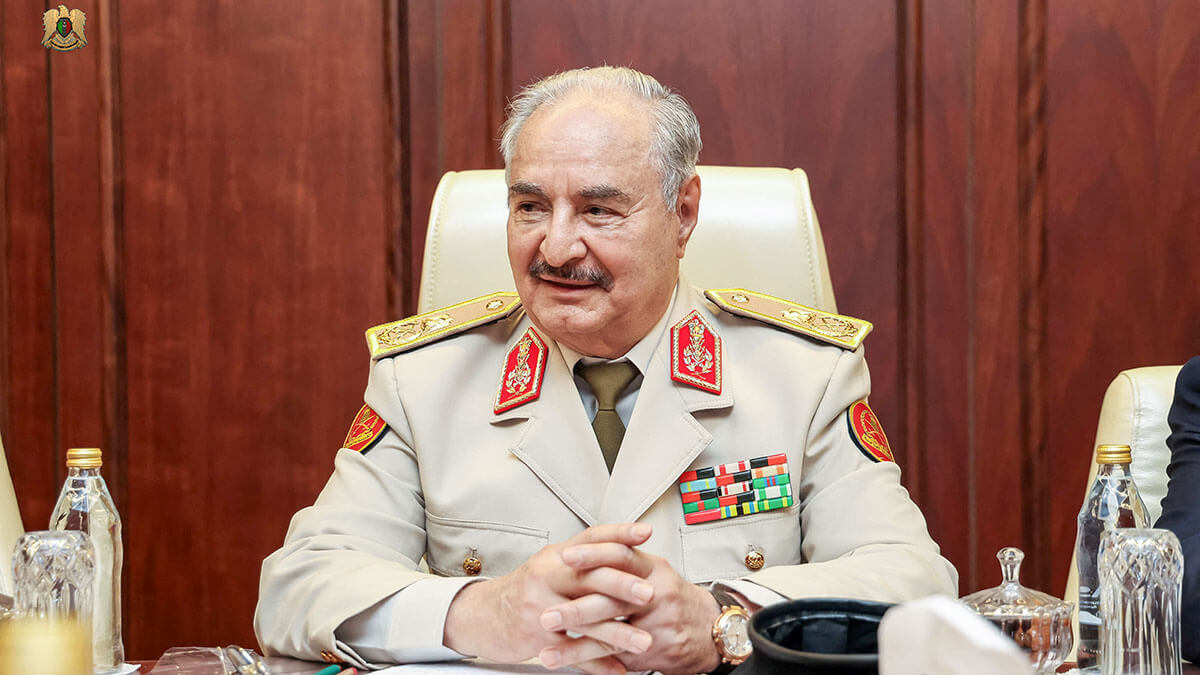
Afhima stressed that this law is a fundamental step towards consolidating transitional justice and promoting national reconciliation. He called on all parties to unite in a spirit of national cooperation to implement the law and achieve its objectives in a way that will benefit the future and unity of Libya.
Last November, the President of the Presidential Council, Mohamed Al-Manfi, called on the Speaker of the House of Representatives, Aguila Saleh, to approve the national reconciliation law submitted by the Presidential Council in February last year, ‘without introducing any amendments, in a transparent and valid session’. This request was made in a letter to the Office of the Presidency of Parliament dated 20 November last year.
The Presidential Council has been working on a national reconciliation project since April 2021 and plans to organise an inclusive conference with the support of the African Union and the UN Support Mission in Libya. However, the conference has been postponed several times due to ongoing disagreements between political parties over the agenda and a lack of consensus among stakeholders on their positions.
Before parliament voted on the law, Abdullah Al-Lafi, a member of the Presidential Council, stated that the national reconciliation project is based on ‘the principle of comprehensiveness and inclusion of all parties, in order to ensure the achievement of its lofty goals’.
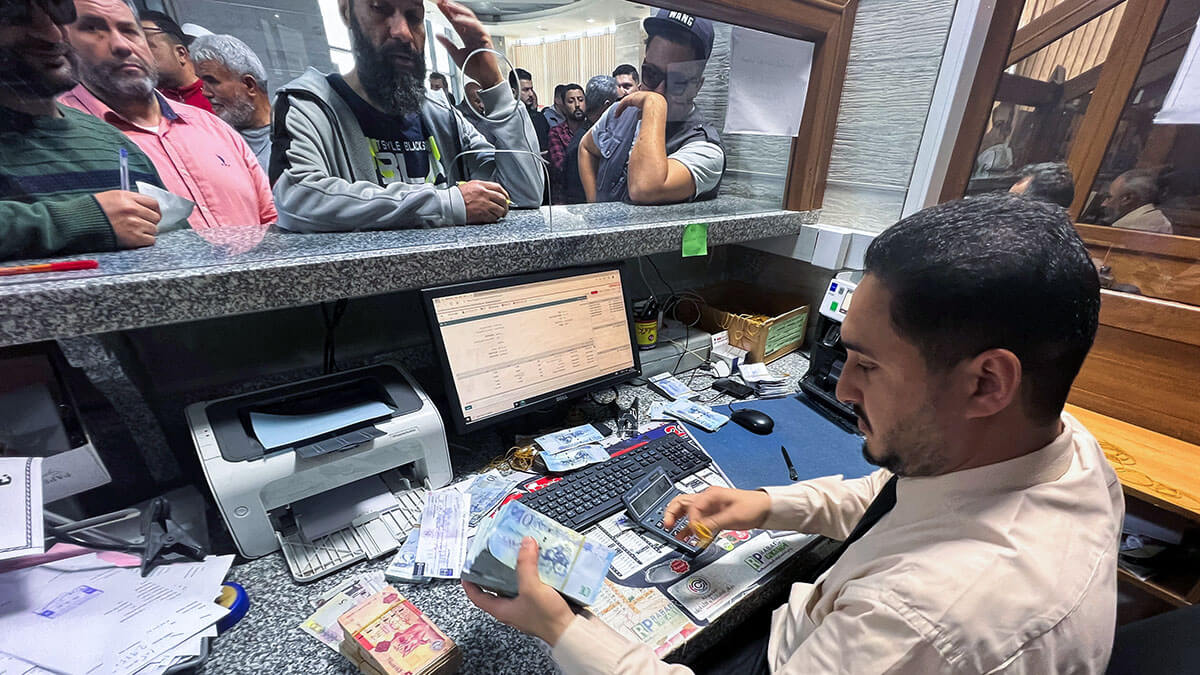
As posted on his Facebook account, Al-Lafi added that this draft was referred to the House of Representatives ‘after its articles were carefully drafted by national experts, so that it becomes a key station on the road to promoting peace and stability’.
Libyans have made considerable progress in the process of national reconciliation, especially after the signing of a reconciliation agreement between ethnic Tubu and Arabs in the southern Libyan town of Murzuq. This agreement put an end to years of fighting, sending a signal of hope that Libyans are willing to put the past behind them and address outstanding issues.
The House of Representatives has also organised a series of conferences and meetings with experts as part of preparations for national reconciliation, seen as one of the priorities at this stage, and in preparation for elections that have been expected for years.
The Libyan government, which emerged from the House of Representatives, is preparing to hold a conference for expatriates as part of efforts at national reconciliation and overcoming the past. This will be the first such conference aimed at Libyans living abroad, following the migration of tens of thousands of people since 2011 due to successive wars in the country.

The number of Libyans abroad is estimated at over 1.5 million, most of whom reside permanently in neighbouring countries, especially Egypt and Tunisia, as a result of conflicts following the fall of dictator Muammar Gaddafi.
The international community, led by the United Nations Support Mission in Libya, the sponsoring countries of the Berlin Conference on Libya and the African Union, supports the implementation of national reconciliation in Libya.
This included visits by Mauritanian President Mohamed Ould Sheikh Al-Ghazouani, Chairperson of the African Union, and Denis Sassou Nguesso, President of the Republic of Congo-Brazzaville, who led the African Union High-Level Committee on Reconciliation in Libya.

Libyans are demanding national reconciliation to resolve the deep divisions that emerged during the protests that toppled the Gaddafi regime (1969-2011) and the internal wars that followed in recent years.
In parallel, international and local efforts continue to lead Libya to elections to end the crisis of conflict between the two warring governments. One is the National Unity Government, headed by Abdul Hamid Al-Dabaiba, based in Tripoli (west) and administering the western region of the country. The other was appointed by the House of Representatives in early 2022, under the leadership of Osama Hammad, and is based in Benghazi, from where it administers the east and most of the southern cities.

